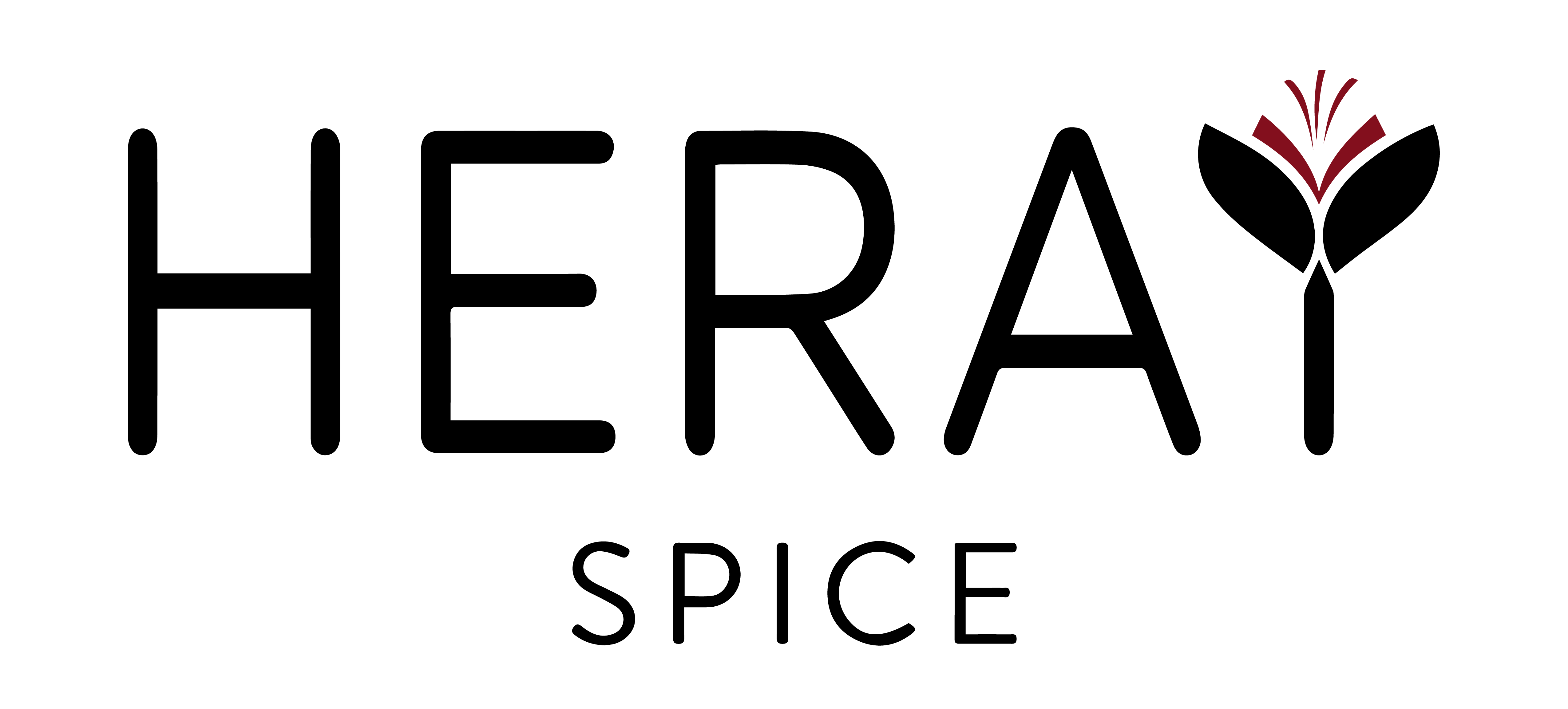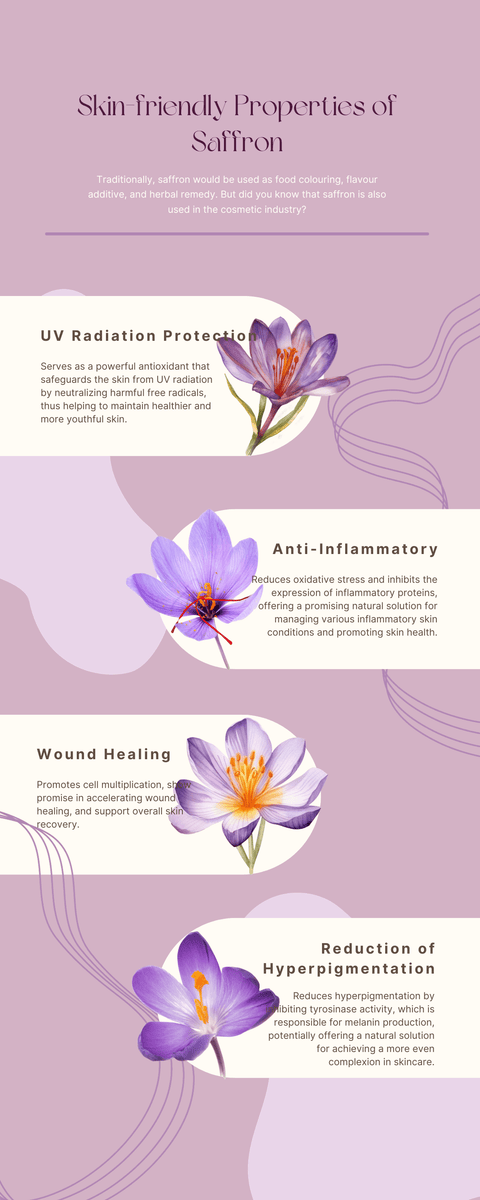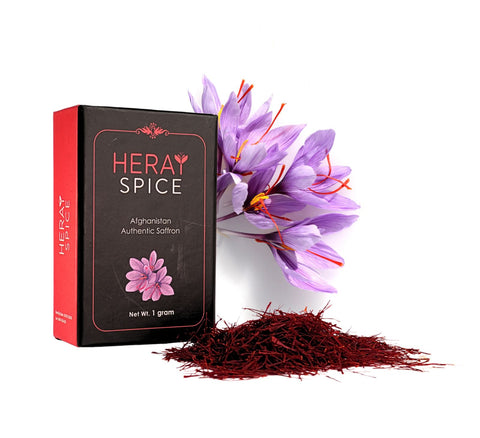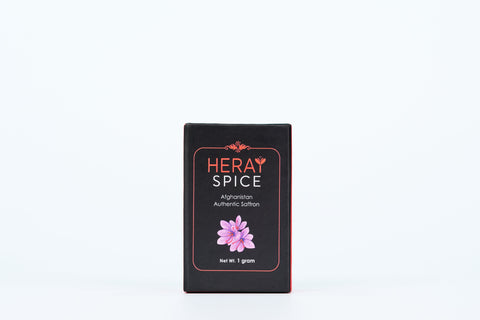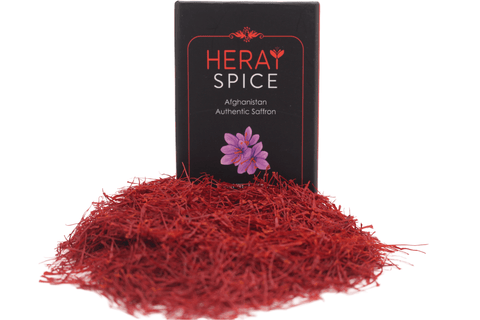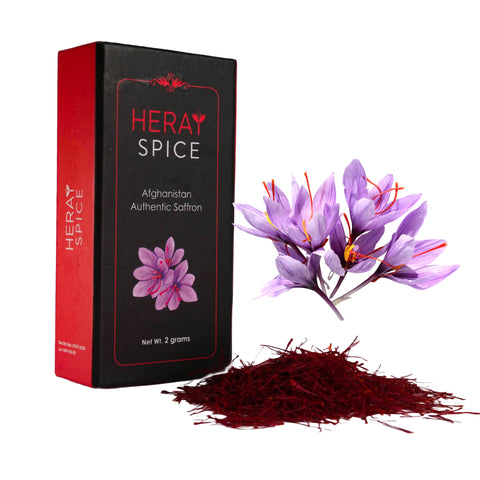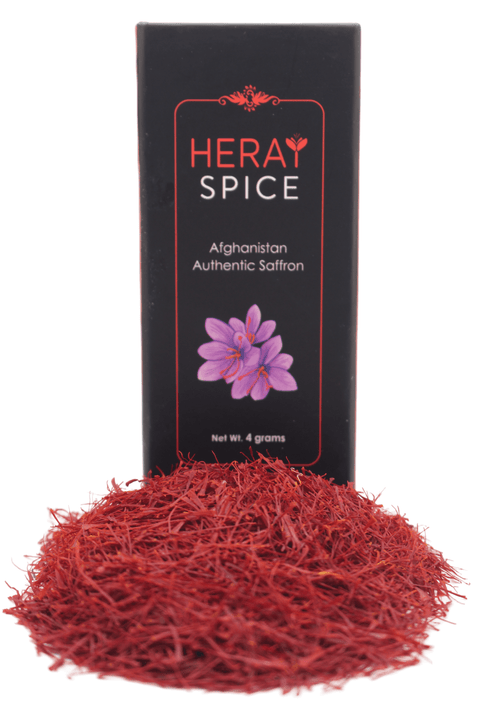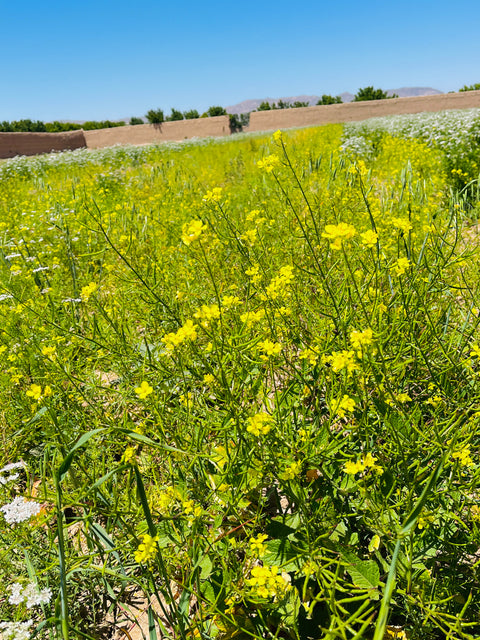Ever wondered about the wonders that saffron could do for your skin?
Traditionally, saffron would be used as food colouring, flavour additive, and herbal remedy. But did you know that saffron is also used in the cosmetic industry? Saffron is a vibrant red spice obtained from the dried stigmas of the saffron crocus plant, originating in Greece and now cultivated in various countries, including Iran, Spain, and China. Traditionally used for food coloring and flavoring, saffron has also been employed as an herbal remedy for issues such as back pain, wounds, and abscesses.
In recent times, saffron has gained recognition in the cosmetics industry, with claims that it can address common skin problems. Scientific research supports several skin-friendly properties of saffron:
- UV Radiation Protection: Saffron aids in UV radiation protection due to its active compound, crocin. Crocin acts as a potent antioxidant, neutralizing harmful free radicals generated by ultraviolet (UV) radiation. These free radicals can damage skin cells and accelerate premature aging. Studies have shown that crocin effectively shields the skin from both ultraviolet A (UVA) and ultraviolet B (UVB) rays, which are responsible for causing skin damage and aging. By countering oxidative stress and preventing UV-induced skin cell damage, saffron contributes to maintaining healthier and more youthful skin, making it a valuable natural resource for UV radiation protection in skincare.
- Anti-Inflammatory: Saffron exhibits anti-inflammatory properties primarily through its active compound, crocin. Crocin is a powerful antioxidant that combats inflammation by reducing oxidative stress, a major driver of inflammatory responses. It inhibits the expression of various inflammatory proteins, as evidenced by scientific studies. Additionally, saffron has demonstrated effectiveness in mitigating skin conditions like atopic dermatitis, caused by factors such as house mite extracts. These findings suggest that saffron's anti-inflammatory capabilities can alleviate skin inflammation, making it a promising natural remedy for managing and preventing various inflammatory skin conditions and promoting overall skin health.
- Wound Healing: Saffron aids in wound healing primarily due to its active compounds' antioxidant and anti-inflammatory properties. Studies have shown that saffron can stimulate the growth of skin cells, essential for closing wounds effectively. These properties facilitate proper wound healing, reducing the risk of complications like infections and scarring. Additionally, saffron promotes cell multiplication, a critical aspect of the wound healing process. While more human research is needed, saffron's potential to accelerate wound healing and support skin recovery makes it a promising natural ingredient for enhancing the body's ability to repair damaged skin and maintain its health.
- Reduction of Hyperpigmentation: Saffron aids in reducing hyperpigmentation by virtue of its active compounds, notably crocin. Crocin acts as an inhibitor of tyrosinase, an enzyme essential for melanin production. Excess melanin causes skin areas to become darker, leading to hyperpigmentation from factors like scarring, sun exposure, or hormonal changes. Scientific studies reveal that saffron's crocin content can effectively suppress tyrosinase activity, thereby reducing melanin production and subsequently diminishing hyperpigmentation. While additional research is needed to fully explore its potential, saffron presents itself as a promising natural solution for addressing uneven skin tone and restoring a more uniform complexion, making it a valuable resource in skincare.
While these benefits are supported by scientific studies, it's important to note that saffron's role in skincare is an evolving area of research. More human studies are needed to confirm these effects fully.
The following are two claims about saffron's benefits for skincare that have been debunked:
- Doesn't Hydrate Skin: Despite claims that saffron can hydrate and moisturize the skin, a 2010 study found no significant difference in skin moisture between individuals who used saffron-infused lotion and those who did not. This suggests that saffron lacks hydrating properties for the skin. If you're looking to hydrate your skin, it's advisable to use products specifically formulated for that purpose, such as moisturizers or hydrating serums, which contain ingredients designed to lock in moisture and keep the skin hydrated.
- Doesn't Fight Acne: While saffron possesses anti-inflammatory and wound healing properties, there is no conclusive evidence to support its effectiveness in treating acne. A 2016 study did find that saffron has antibacterial properties, but it focused on foodborne bacteria rather than the bacteria responsible for causing acne. More specific research is needed to determine saffron's potential as an acne treatment. It's important to note that acne is a complex skin condition with various contributing factors, and its treatment often involves specific topical or oral medications prescribed by dermatologists. While saffron may have some potential benefits for the skin, it should not be relied upon as the sole treatment for acne. If you have acne concerns, it's advisable to consult a dermatologist for appropriate guidance and treatment options.
In conclusion, saffron, with its rich history and diverse applications, holds promise as a valuable addition to skincare routines. Scientific research supports its potential benefits, such as UV radiation protection, anti-inflammatory properties, wound healing support, and reduction of hyperpigmentation. However, it's essential to recognize that saffron's role in skincare is an area of ongoing investigation, requiring further human studies for conclusive validation. While saffron may not hydrate the skin or serve as a definitive acne treatment, its natural properties offer exciting possibilities for promoting skin health and addressing common skin issues. As the field of skincare continues to evolve, saffron remains a fascinating and valuable ingredient worth exploring for those seeking holistic approaches to skincare.
Resources:
https://www.healthline.com/health/beauty-skin-care/benefits-of-saffron-for-skin#claims
https://www.ncbi.nlm.nih.gov/pmc/articles/PMC3862060/
https://www.tandfonline.com/doi/full/10.1080/23311932.2016.1158999
